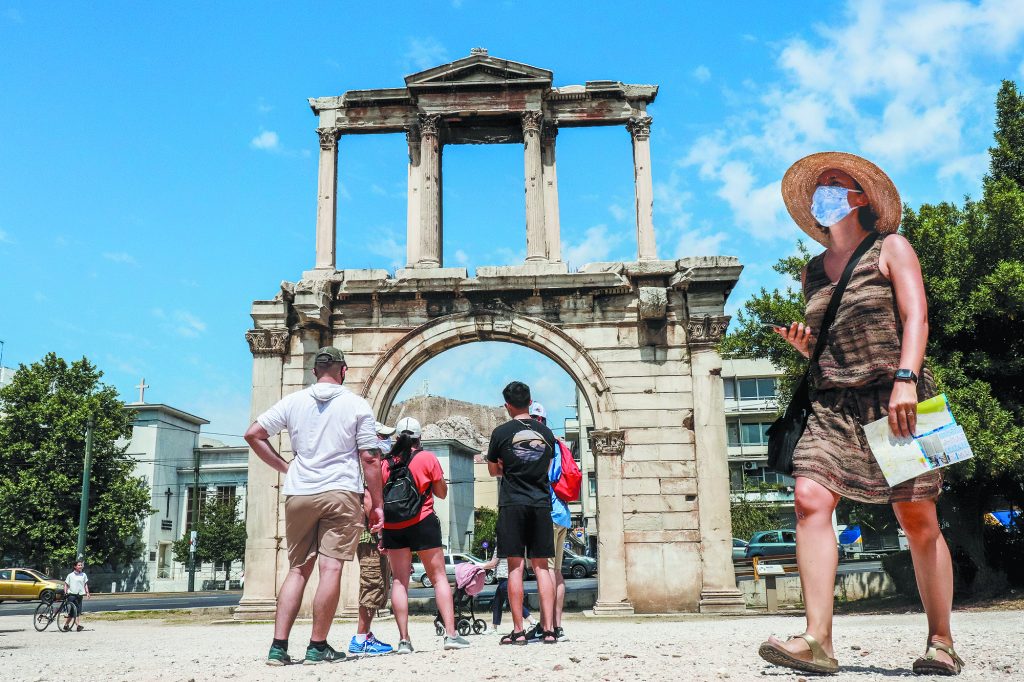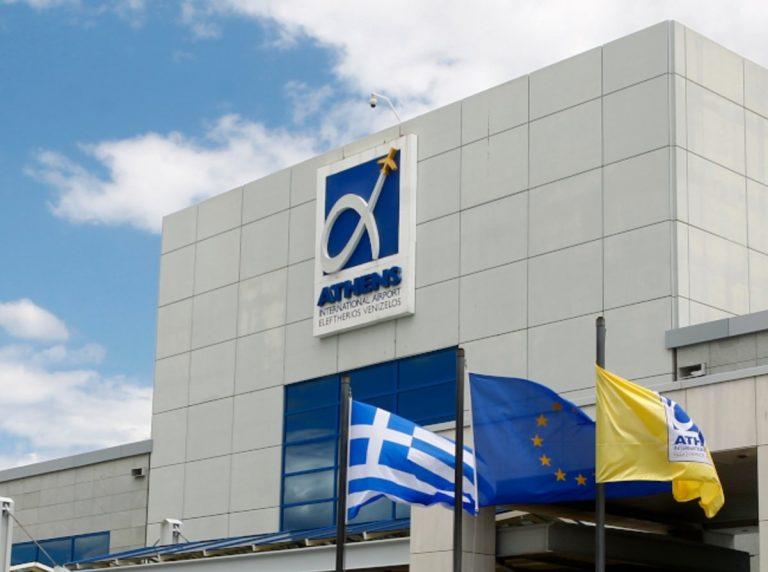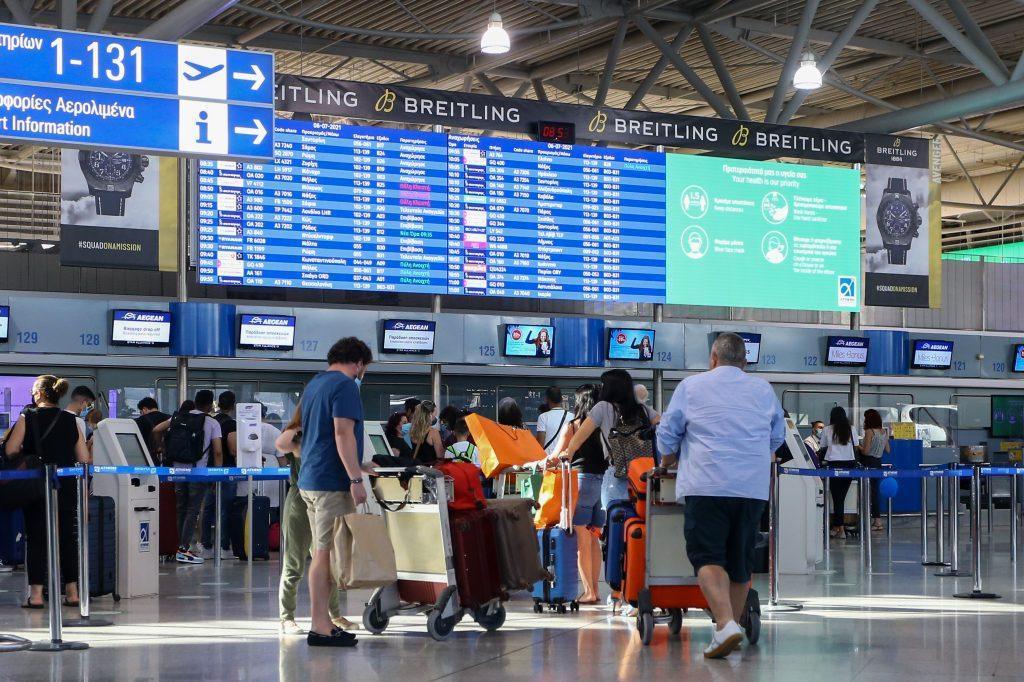Whether it is a walk through the shopping streets of Athens and a visit to the Acropolis, a romantic getaway to Santorini with the most beautiful sunset in the world or a cruise to the beautiful Ionian islands, Greece is a top tourist destination that attracts millions every year, from around the world.
2019 was a record year for the country’s tourism, with more than 31 million tourists choosing Greece for their holidays. Following the pandemic and the drop in the number of arrivals to 7 million tourists, the country is once again on a growth trajectory, with annual revenues exceeding 10 billion euros. The projected number of tourists has not yet been announced.
Germans in first place
According to tourist enterprises union SETE, analyzing the data for the period 2010-2020, Germany ranks first in arrivals from the EU. Outside the European Union, the United Kingdom, the United States and Russia are the top countries for inbound tourism. From the available data, it appears that the incoming tourism in Greece is distributed by 60% and 40% between the countries inside and outside the EU. For example, in 2019, 18 million tourists who arrived in our country came from the EU and 13 million from the rest of the world.
In terms of money spent in Greece, according to data from the same year, visitors from the EU spent about 10 billion euros, while visitors from the rest of the world spent about 8 billion euros. This leads to the conclusion that tourists who visit Greece from non-EU countries, tend to have a larger budget, stay longer in our country and spend more money during their stay. In 2019, the first place in spending by tourists within the EU was held by the Germans with 2.9 billion euros, while the first places from non-EU countries were held by British and American tourists with spending of 2.5 billion and 1.2 billion euros. respectively.
Tax-free purchases
These data make it clear that when the country returns to normalcy, it will have to focus on ideas and tools that will make it even more attractive to tourists outside the EU. Tax free shopping is a good start. Tax-free markets, which are a very popular market system in many countries such as the USA, Great Britain, Japan, China and European Union member states, have been enjoying increasing popularity in recent years. Over the last decade, tax free shopping worldwide has seen double-digit growth.
According to a report by the UK’s leading financial advisory firm, CEBR, on tax-free markets in Greece, the introduction and further development of such a market system could prove particularly profitable for the country’s tourism income.
More specifically, the report – analyzing data on tourism in Greece in 2019 – concludes with the following interesting findings:
In 2019, the tax-free markets in our country are estimated at 2.1 billion euros. Based on the different rates, this means that between 0.2 and 0.5 billion euros could be returned to tourists in the form of a tax refund, which would then reduce the cost of visiting Greece by about 2.8% to 5, 7%.
The report also highlights the benefits of reducing costs, as lower costs tend to increase spending over the holidays. Thus, with the system of tax-free shopping, tourists would spend between 396 and 791 million euros more.
The main issue with the tax-free markets in Greece is the existing tax refund system used, which is quite bureaucratic. This translates into a waste of time and money for both tourists and the public sector, businesses and brokerage firms.
But modernizing the tax-free shopping system is just around the corner, thanks to Refundit, the Israeli startup that launched a platform that simplifies the tax-free shopping experience and makes it accessible to everyone.
Having already entered 2022 and looking to the future with optimism, now is the right time for the country to use new, innovative tools that will push its tourism to new high levels.
Refundit Source









































